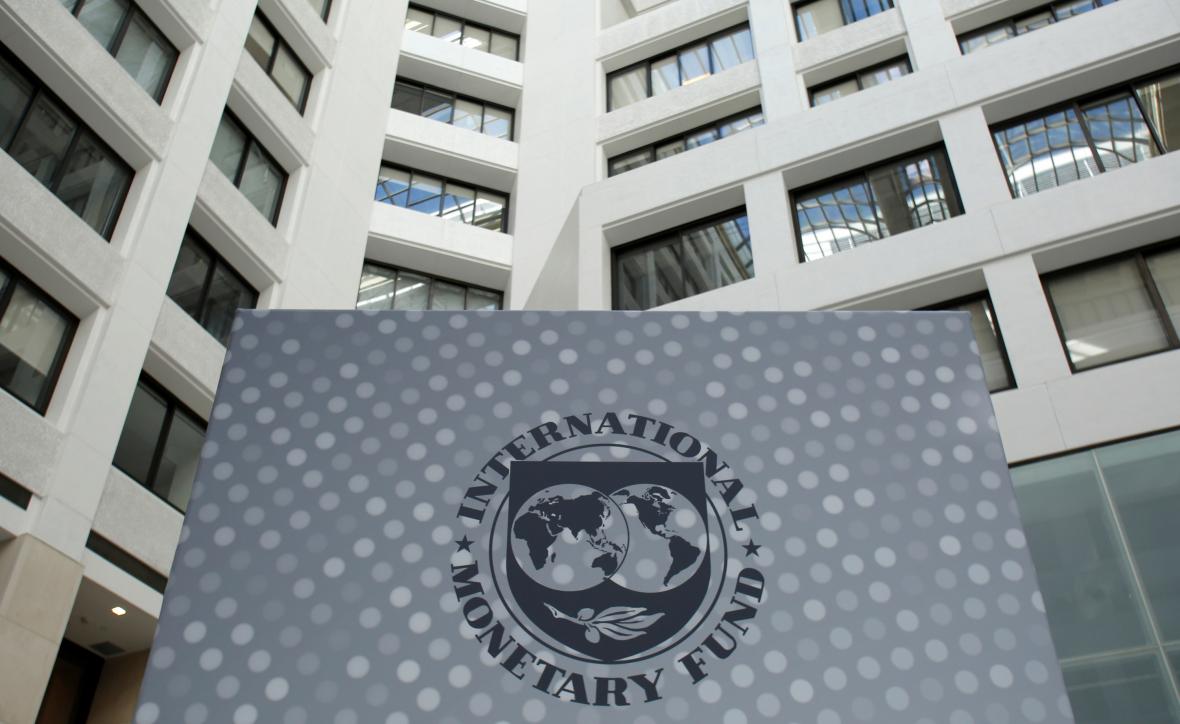Table of Contents
AI research is a global undertaking. While the USA and China are attracting a lot of attention with their contributions to AI, other countries around the world are also experimenting with this technology, discovering new breakthroughs and attracting interest from private investors.
According to the 2023 Stanford Artificial Intelligence Report, global private AI investments reached $91.9 billion in 2022, but that’s just the tip of the iceberg.
Goldman Sachs predicts that global AI investments will reach $110.2 billion in 2023 and rise to $158.4 billion by 2025.
Below we examine the top 10 countries based on rankings from the Global AI Index, Mirae Asset ‘s Global X AI Investment Survey, and the Stanford Artificial Intelligence Index Report 2023 .
Rankings in this article are based on overall innovation in each country’s AI startup community, number of startups, value of private investment, and government spending.
Top 10 countries leading in AI research and technology in 2023
1. USA
Today the USA is the most productive country in AI research. According to MacroPolo, nearly 60% of top AI researchers work for American universities and companies. According to Mirae Asset, $249 billion in private money has been raised to date.
Silicon Valley alone is home to some of the industry’s largest providers, including OpenAI, Google , Meta and Anthropic . These companies have contributed to the development of leading products such as: E.g. GPT-4, DALL E-3, Bard, Llama 2 and Claude 2 .
At this stage of market development, GPT-4 is undoubtedly the winner of the AI competition, with 100 million weekly active users.
AI investments in the region are also increasing. The aforementioned Goldman Sachs study found that private investment in AI reached $47.4 billion in 2022, accounting for more than half of global AI investment that year.
The US government is also actively investing in AI research and development. In 2022 they spent $3.3 billion on this technology.
2. China
The next largest contribution to AI research comes from China. The country employs 11% of top AI researchers (MacroPolo) and raised $95 billion in private investment between 2022 and 2023, according to Mirae Asset .
Companies like Tencent, Huawei and Baidu are at the forefront of the country’s AI innovations with new releases including Tencent’s Large Language Model (LLM) Hunyuan , a Chinese alternative to ChatGPT; Huawei’s Pangu, a 1.085 trillion parameter LLM; and Baidu ‘s Ernie AI model , which the company says offers equivalent capabilities to GPT-4.
The Chinese government is also investing heavily in the AI arms race. IDC expects China’s investment to reach $38.1 billion by 2027, accounting for 9% of total global investment.
3. United Kingdom
UK has been one of the leading players in AI competition for years. According to the International Trade Administration (ITA), the UK is the third largest AI market in the world after the US and China, with a current value of $21 billion, which is estimated to rise to $1 trillion by 2035.
There are a large number of AI startups in the region. These include the successful AI development lab DeepMind, which is behind AlphaGo and AlphaFold, as well as Darktrace, which uses AI to offer companies the ability to detect cloud-based threats in real time.
Government spending on research and development is also increasing: Prime Minister Rishi Sunak reportedly plans to increase government spending on chips and supercomputers to £ 400 million, including a £ 100 million investment in a supercomputer facility in Bristol in collaboration with Hewlett Packard Enterprise and the University of Bristol .
4. Israel
Israel’s local tech scene has established itself at the forefront of AI development, receiving $11 billion in private investments ( Mirae Asset ) between 2013 and 2022, the fourth highest in the world.
According to CTech, there will be 144 generative AI startups in the country by 2023, with total investments in the sector reaching $2.3 billion.
The Israeli government has also revealed plans to invest $8 million in developing AI apps in Hebrew and Arabic.
The region is home to established AI companies, including AI-based cybersecurity platform Deep Instinct, AI typing assistant creator Wordtune, AI21 Labs, and AI enterprise security provider SentinelOne.
5. Canada
Canada has quietly become a top 5 player in the international AI research scene.
Between 2022 and 2023, $2.57 billion was invested in the country’s AI research , while the total rose to $8.64 billion.
The Government of Canada also committed to supporting the development of responsible AI across the country by providing more than $124 million to the Université de Montréal in June 2023 through the Canada First Research Excellence Fund.
Top AI companies in the country include LLM for organizations provider Cohere, generative AI platform Scale AI and AI search provider Coveo.
6. France
France is not only one of the most important economic powers in the European Union.
It is also the region’s leading country in AI research, with 338 startups and $7 billion in private investments during 2013-2022 (Mirae Asset).
Government spending on AI is also expanding. French President Emmanuel Macron has pledged to invest €500 million, or around $533 million, in creating new AI “champions”.
The country is home to a variety of AI startups, including open source AI hosting platform Hugging Face, Mistral AI, LLM open source developer Mistral 7B, as well as cybersecurity AI provider Armis.
7. India
India is the largest country in South Asia. It is the largest contributor to AI research in the region.
Last year, India raised $3.24 billion, making it the 5th most AI-invested country. India is also estimated to have the highest penetration rate of AI capabilities among all G20 and OECD countries.
India’s Minister of State for Electronics and Information Technology, Rajeev Chandrasekhar, recently announced the imminent launch of the Indian government’s AI program to promote growth in the local AI startup ecosystem.
Top Indian AI startups to keep an eye on include AI platform Avaamo, AI health check platform HEAPS, robotics and AI smart screening provider SigTuple, and AI-driven automation platform Yellow. ai.
8. Japan
As one of Southeast Asia’s largest economies, Japan has also played a crucial role in the international development of AI. Mirae Asset estimates that there are 294 AI startups in Japan that received $4 billion in private investment in AI between 2013 and 2022.
The country has also released plans to invest ¥2 trillion, or $13 billion, in the development of semiconductors and general generative AI. So there is potential for the country to become a bigger competitor in this market in the future.
Notable AI startups based in Japan include leading robotics company SoftBank Robotics, deep learning and autonomous vehicle provider Preferred Networks, and AI healthcare provider and symptom checker Ubie.
9. Germany
Germany is another significant player in the global AI market. There are 245 startups here and, according to Mirae Asset, $7 billion in private investment in AI was made between 2013 and 2022.
The German government is also planning investments. In August, it announced it would double funding for AI research and pledged almost €1 billion to develop AI solutions.
Germany-based AI startups include autonomous drone and air mobility provider Volocopter, multimodal LLM solutions developer Aleph Alpha, deep learning translation company DeepL and conversational AI platform Parloa.
10. Singapore
Finally, Singapore is one of the leading AI innovators in Southeast Asia, with a modest ecosystem of 165 AI startups and $5 billion in AI investments between 2013 and 2022 ( Mirae Asset) .
In 2021 , the Singapore government committed to investing around S$500 million, or $362 million, in AI over five years as part of its national artificial intelligence strategy.
The country has also set up a national AI office to work with startups and research institutions in the region to promote growth.
Notable AI startups in Singapore include remote patient monitoring provider Biofourmis, data intelligence platform Near, AI platform Active.Ai and AI-based accounting portal Osome.
Conclusion
While the US and China are at the forefront of the AI arms race, developing AI-driven solutions is an international game. From Israel in the Middle East to the United Kingdom, France and Germany in Europe, to India, Japan and Singapore in Asia, significant contributions to this technology are being made all over the world.
- Why Online Advertisers Should Request Website Traffic Data from Google Analytics Instead of Using SEO Tools Like MOZ or Ahrefs? - March 24, 2025
- North Carolina’s Bold Move: State Bill Proposes Investing 10% of Public Funds in Bitcoin - March 22, 2025
- Justin Sun Stakes $100 Million in Ethereum on Lido – What Does It Mean for the Market? - March 19, 2025

























